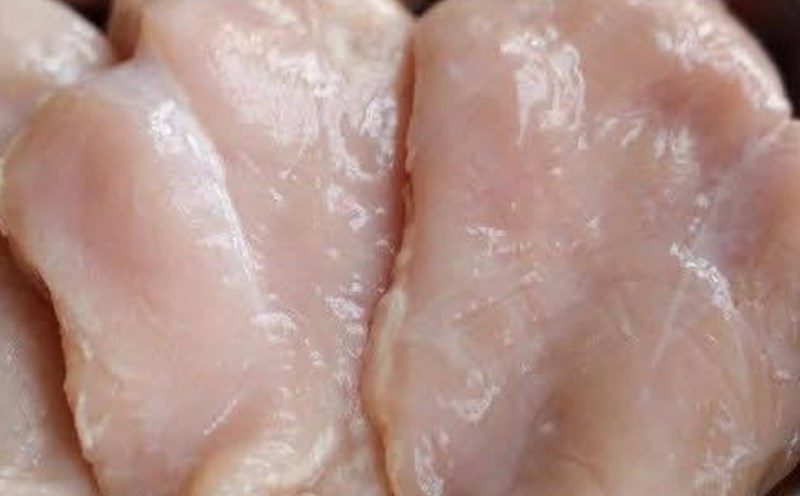This condition affects quality of life, increasing the risk of cognitive decline, depression and accidents due to lack of sleep.
One of the effective ways to improve sleep deprivation is to adjust your dinner regimen, especially choosing the right foods.
First of all, nutritionists recommend eating foods rich in magnesium for dinner. Because magnesium plays a role in relaxing the bladder muscles and reducing cramps, thereby limiting the feeling of morning urination. Magnesium-rich foods such as dark green vegetables (bunch, kale), pumpkin seeds, chia seeds should be added to dinner.
Second, you should prioritize foods containing tryptophan - an amino acid that helps the body produce serotonin and melatonin, supporting deeper sleep, thereby reducing the number of times you wake up to urinate. Tryptophan is abundant in lentils, eggs, turkey and oats. Dinner rich in tryptophan not only helps you sleep well but also supports better bladder control.
In addition, eating less salt at night is also an important factor. Reducing your salt intake at night can help reduce yourpmaks by up to 40% in older adults. Processed foods, canned foods, pickled melons... should be avoided for dinner.
Finally, eating slowly, just enough and not drinking much water after 7pm is an important principle. Eating too much or drinking too much liquid late at night will put pressure on the bladder, causing urination.








